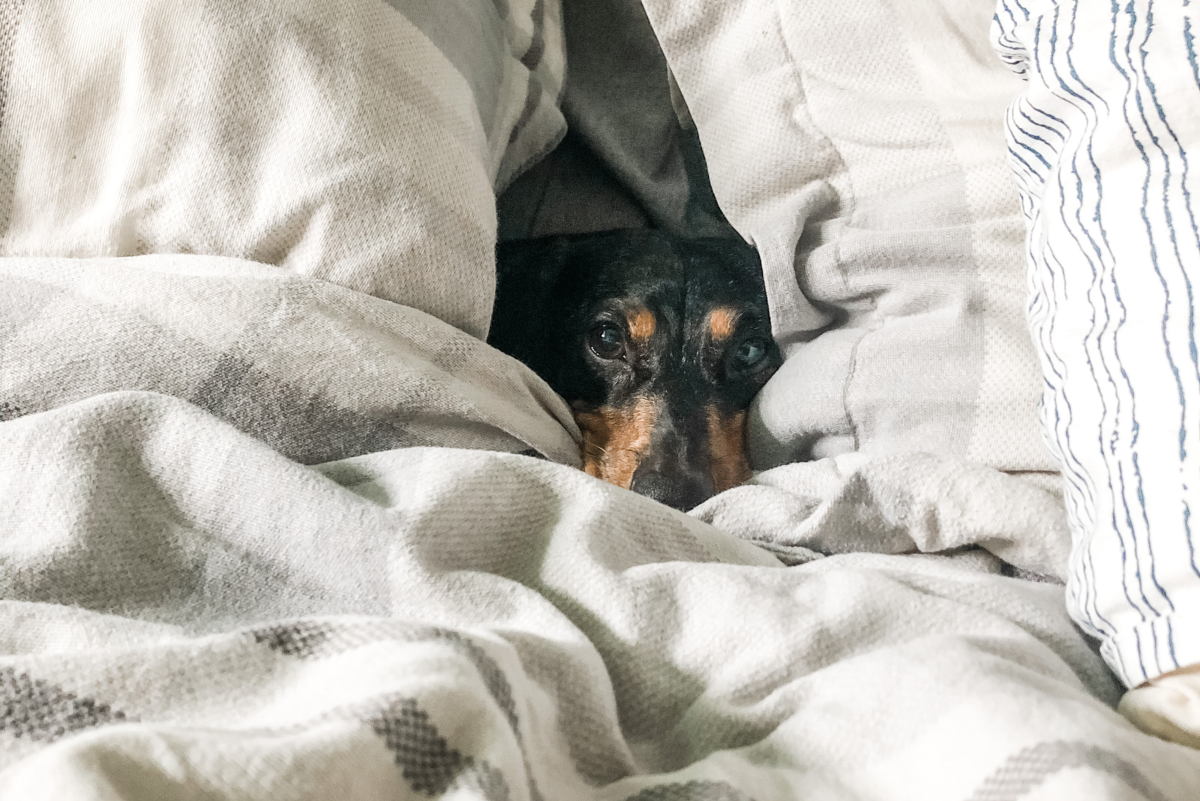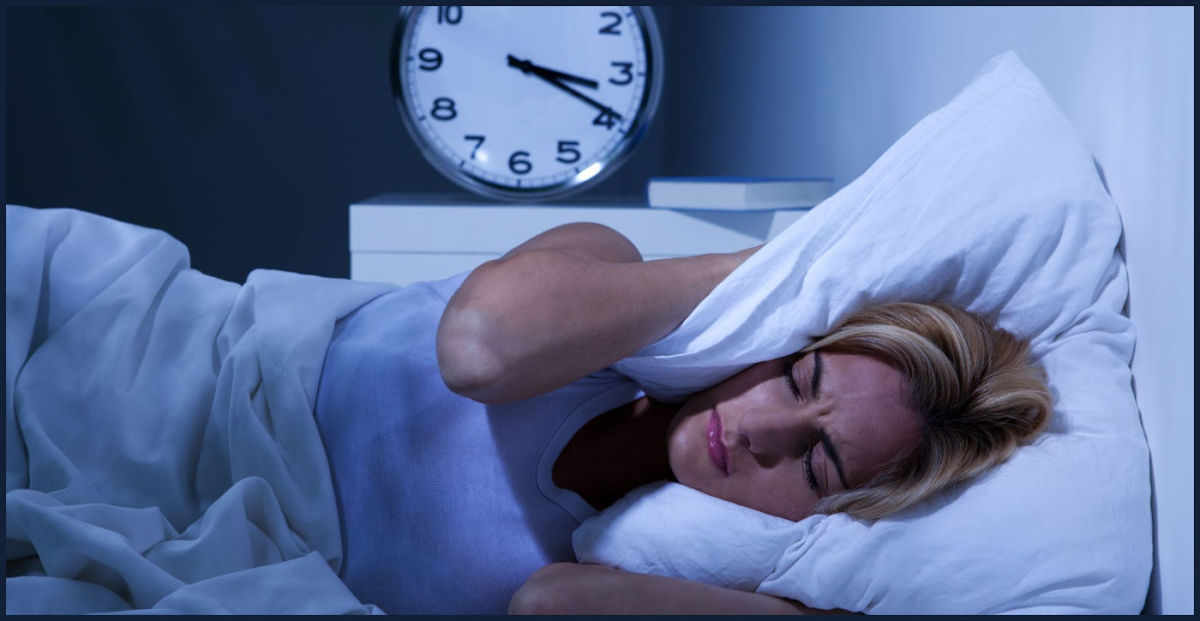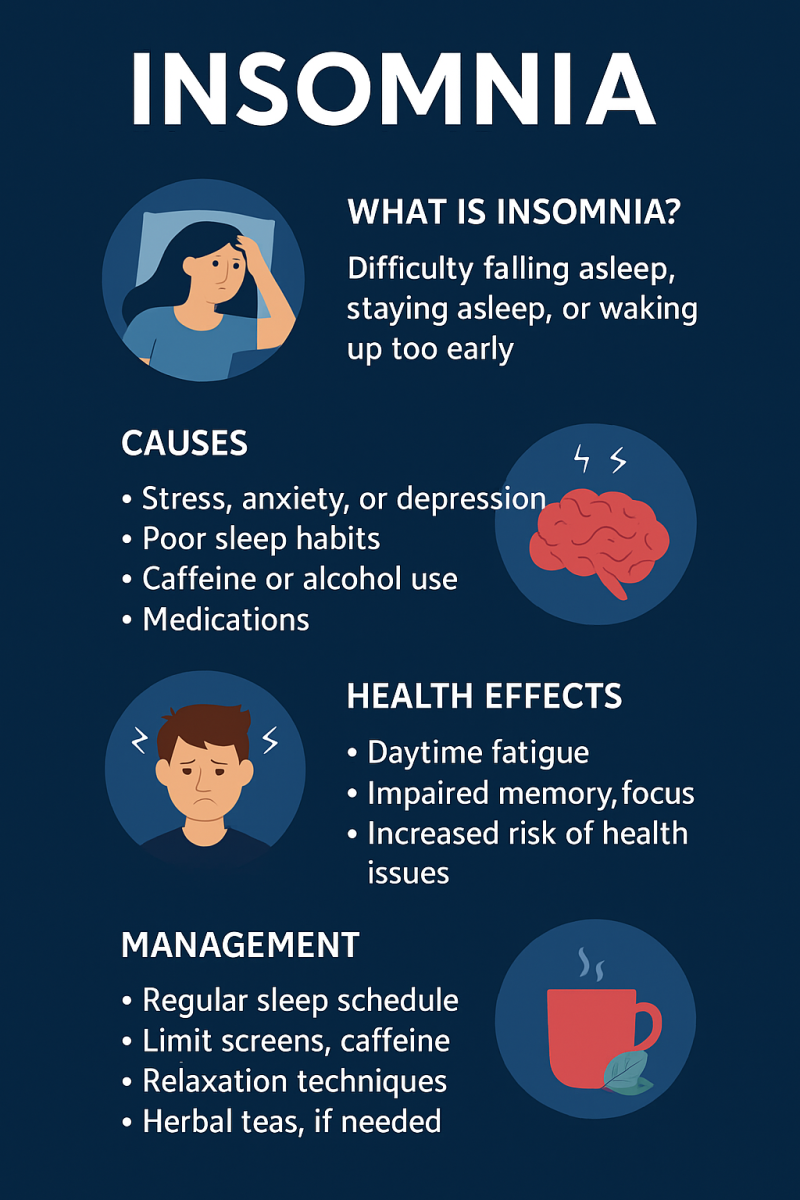Help Me Sleep!
I smashed my car one time when I fell asleep at the wheel. In broad daylight I was driving slowly, rounding the curve of my street to park in front of my building when I zoned out into a trance and awakened to the sound of crushing metal to see that I had just driven the front bumper into a parking sign pole. That was the end of that car. With the radiator and front end crumpled, even though it was a low-speed impact, the cost of repair was more than the value of the old car. The insurance company wrote it off. I was like many people, running on too little sleep, fitting too much into too little time, living in a big city where so much of my precious hours were uselessly occupied by travel to another part of the city. Multi-tasking, taking care of family, career, and home, finding time for myself or not, I was going to bed late and getting up early. What is really scary about this story, is how common it is today for people to live like this, silently screaming, "Let me sleep! Help me sleep!".
Recent research for the American Automobile Association Foundation for Traffic Safety gives new meaning to the notion of taking our lives in our hands when we head for the highway. Results of a survey reported in CTV News in November 2010 show that of 2000 drivers, 2 in 5 have fallen asleep at the wheel at some point, and 1 in four admitted being so drowsy while driving in the past month that they had trouble staying awake.
Restless Sleep
The Mayo Clinic estimates that as many as one
third of adult North Americans suffer from restless sleep or insomnia at
some point in their lives. It is often caused by environmental
factors, such as light, noise or uncomfortable sleeping conditions;
stress, triggered by unemployment, financial worries, relationship
problems, and anxiety; and use of substances such as prescription
medications, caffeine, alcohol and tobacco. Although most people can
have a poor night’s sleep from time to time and bounce out of it,
ongoing sleep disorders can lead to depression, diabetes, heart disease
and obesity. A tired person has low energy, can’t concentrate, may be
inattentive or forgetful and has extreme mood changes that may alienate
family and friends. Tired, frustrated, grumpy people with headaches or
stomach aches are not usually fun to be around.
Because the
“spectrum of impairment” caused by sleep deprivation is so great, it is
increasing the research efforts into sleep, according to Les Matthews,
associate professor of sleep therapy at Thompson Rivers University.
(Davies, “Upcoming sleep conference,” 2011.) Ten years ago there was
not much research on the topic, but today the research is overwhelming.
Some of the researchers will be present at the upcoming second annual
Multidisciplinary Sleep Science Conference on March 18- 20 at Thompson
Rivers University in Kamloops, British Columbia. Lack of good
sleep has a serious effect on quality of life, for it impacts
performance at work or school, undermines motivation, and impairs
judgement.
Why Can’t I sleep?
If you can’t sleep at
night, or if you fall asleep but wake up after a few hours and don’t
feel well rested during the day, you may need to seek medical advice in
case there is an underlying condition or a serious sleep disorder that
needs professional help. The Journal of the American Academy of Sleep
Medicine identifies over 81 sleep disorders, including:
Insomnia,
inability to fall asleep or sleep restfully
Narcolepsy
Night
terrors, usually experienced by children
REM sleep behavior disorder
Restless
leg syndrome, tingling sensation in the legs that triggers an urge to
move them
Sleep apnea, interruption of the regular breathing during
sleep
Sleepwalking
Snoring
Teeth grinding, or bruxism.
How to sleep better:
On the other hand, there is usually no clinical reason for poor sleep. It may be the consequence of stress and lack of a regular sleep routine. It is important to recognize the role of sleep in maintaining health and happiness, and to schedule it as a priority. Most of the body’s cell-building and immune system functions optimize while the parasympathetic nervous system is in control, during periods of sleep and conscious relaxation. That is why during extended periods of inadequate sleep, people get sick.
Try these tips for a good night’s sleep:
1. Invest in a quality mattress and comfortable, clean bedding. When I switched to a memory foam mattress, my sleep quality rose immediately. I lay down and tried out every mattress in the store, and bought pillows with proper support for my neck. The time and money spent are worth it.
2. Empty your bedroom of everything not related to sleeping. This means office equipment, TV, and computer and anything that stirs up your mind. Only use your bedroom for sleeping. Your mind will start to quiet when you go into it, preparing for rest.
3. Take a quiet walk one or two hours before bed, but avoid vigorous exercise. Aerobic exercise is not conducive to good sleep because of the hormones released from the adrenal glands.
4. Establish a routine and regular bedtime and keep it. Follow the body’s bio-rhythms: sleep before midnight, and wake up in the morning, even on holidays and weekends if you know you are prone to sleep difficulties.
5. Drink herbal tea or warm milk and honey before bed. Avoid caffeinated beverages, including coffee, cola, and energy drinks, after noon. Reduce fluid intake before bed, such as glasses of water, to avoid having to get up at night to go to the bathroom. Finish your last meal two or three hours before sleeping so the stomach has time to start to empty.
6. Take a bath.
7. Do some easy yoga and conscious breathing exercises. Some of the simplest and most effective yoga postures to help you get to sleep are Supported Fish (Matsyasana), Legs up the Wall (Viparita Karani) and Relaxation position (Savasana). If you want to learn these, look here and here. For a longer gentle yoga routine that will really improve your sleep when you practice twice a week, look at a DVD for home practice: Gentle Yoga For Seniors and Beginners.
8. Do some conscious relaxation--guided relaxation. Record yourself reading a meditation, or some inspiring poem or paragraph. Play the recording as you fall asleep. Listen to the resonant, powerful voice of the Dalai Lama chanting mantras, and fall asleep visualizing world peace.
9. Follow Napoleon’s example. Before a battle, he supposedly would picture placing all his parts of life into file cabinet drawers and clicking them shut. Put the office into a drawer...click. Put the insurance bill into a drawer...click. Put the spouse and children into a drawer ...click Put the worries about parents into a drawer... If things jump out of the drawer, put them back into another one, and keep doing it.
10. Practice giving yourself to your highest Self before sleeping. Picture your problems and worries in the hands of your highest Self, who will take care of everything and wake you up at the right time in the morning. With practice, you can sleep and waken just before the alarm or without needing an alarm at all.
11. Play a yoga nidra CD and do the guided relaxation. Allow yourself to fall into sleep.Yoga nidra is a form of conscious relaxation that guides the mind into stillness. In this state the brain waves change to the theta waves of deep meditation, and allow the whole organism to restore itself. It is a powerful technique that I discuss in another article. The best yoga nidra CD I have worked with is Janakananda's, a Swedish teacher who studied for years with Satyananda in India.

12. Avoid afternoon naps, so you are tired at bedtime.
13.
A sun lamp may be helpful in restoring a regular pattern of
daytime wakefulness and nighttime sleep. If your sleep pattern is
disrupted by changing shifts, seasonal affective disorder, or periods of
middle-of-the-night-wakefulness, 15 or 20 minutes of the sunlamp in the
morning after waking, and again in the afternoon when your energy slumps
and you crave a nap may help you stay awake until bedtime, and then
sleep through the night.
14. Some people find melatonin helpful in falling asleep. This is a natural sleep hormone released by the brain and is available without prescription in health food stores and some grocery stores.
15. If you
don’t fall asleep in 30 minutes after going to bed, don’t lie there and
worry. Get up and read or listen to music until you feel sleepy again
With
the help of these natural sleep aids, you may be able to put restless
sleep behind you.
You can check what you know about sleep by taking
this Sleep Quiz.
References:
Many drivers admit falling asleep
behind the wheel.
http://www.ctv.ca/CTVNews/World/20101108/drowsy-driving-101108/
Retrieved Feb. 12, 2011.
http://www.healthtree.com/articles/sleep-disorders/
Sleep
Education.com Journal of the American Academy of Sleep
Medicine.http://www.sleepeducation.com/Disorder.aspx?id=54 Retrieved
Feb 8, 2010.
http://www.mayoclinic.com/health/insomnia/DS00187
Davies,
Mike. Upcoming sleep conference explores new research. (2011,
February 2).The Omega. Volume 20, number 21, pp.8








